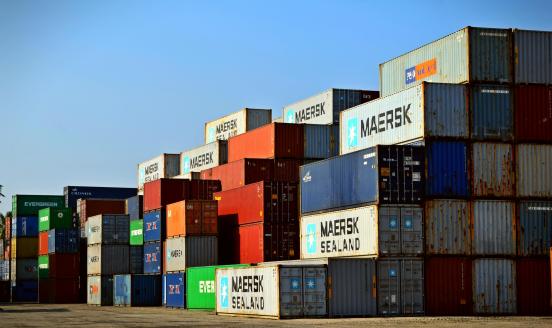Three questions on the Banco Espírito Santo case for banking union
As shares were suspended in Portugal's third largest bank, Banco Espírito Santo last week, sovereign spreads in the euro area increased and bank stock
As shares were suspended in Portugal's third largest bank, Banco Espírito Santo last week, sovereign spreads in the euro area increased and bank stocks were weakened.
Together with Zsolt Darvas and André Sapir I published a policy contribution in February, looking at how to manage exits from financial assistance for Ireland, Portugal and Greece. In our recommendations for Portugal, we argued that the country should not have made a clean exit when its programme ended in May 2014, because compared to Ireland it faced higher interest rates, had poorer growth prospects and had probably less ability to generate a consistently high primary surplus. A precautionary arrangement would have been advisable for a number of reasons but most importantly as a measure to stabilize market expectations and prevent market over-reactions.
The key questions now are three-fold:
- Is the BES case an isolated case in which problems had grown too big to be hidden any more? It may also foreshadow a changing supervisory regime, with the ECB gradually taking over, which changes supervisory incentives and increases the pressure on banks and supervisors to act. If the latter, will we be seeing more such instances happening in the next months?
- How and how much will the BES case affect economic growth of Portugal? Hopes are it will be an instance of de-zombification, which improves growth prospects, but negative market reactions and spreading contagion could undermine growth instead, at least in the short run.
- Will the relatively tough bail-in rules be implemented? If yes, will the system prove robust enough to withstand the shock or will financial nervousness increase? If no, will the Portuguese government eventually have to step in with state aid and how much will this undermine debt sustainability increasing market nervousness instead?
Overall, the current case is not only very interesting on its own right but even more so in its broader implications for Europe's emerging banking union. Answers to the questions above will be crucial for Europe's banking union.



